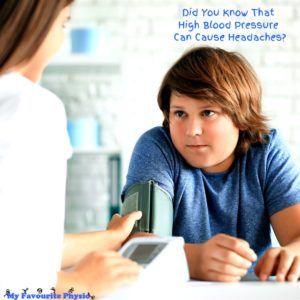17 Nov Does your child have high blood pressure that is poorly controlled

![]() Does your child have high blood pressure that is poorly controlled
Does your child have high blood pressure that is poorly controlled
![]() Have you noticed that when your child’s blood pressure is very high, they complain of headaches that sits on both sides of their head
Have you noticed that when your child’s blood pressure is very high, they complain of headaches that sits on both sides of their head ![]()
Currently there are conflicting research as to whether high blood pressure causes headaches. However, high blood pressure can be difficult to recognise without using a blood pressure monitor. Many people do not experience symptoms unless their blood pressure is dangerously high. When symptoms do occur with high blood pressure, they may include a severe headache. People who suspect that they have symptoms of high blood pressure should not ignore them.![]()
Some research has found that high blood pressure can cause headaches because it affects the blood-brain barrier. High blood pressure can result in excess pressure on the brain, which can cause blood to leak from the blood vessels in the brain. This causes swelling, which is problematic because the brain sits within the skull and has no space to expand. The swelling places further pressure on the brain and causes symptoms that include a headache, dizziness, nausea, confusion, weakness, seizures, and blurred vision. If a person receives treatment to lower their blood pressure, their symptoms will usually improve within an hour.![]()
So if you are aware that your child has high blood pressure, and it has not been well controlled or managed, it is important or be aware of headache symptoms which may indicate that their blood pressure is dangerously high. The headache symptoms are particularly headache on both sides of their head, headache that is pulsating and worse with activity.![]()
If you are concerned about your child’s blood pressure, and they have been experiencing pulsating headaches that is worse on activity, it is important to see your family doctor for medical advice as soon as possible. Uncontrolled high blood pressure can lead to major events such as brain bleeds and stroke. ![]()
Like and share this post with your friends and family so that they can be aware and check in with their family doctor if they have any concerns about their child’s blood pressure. ![]()
